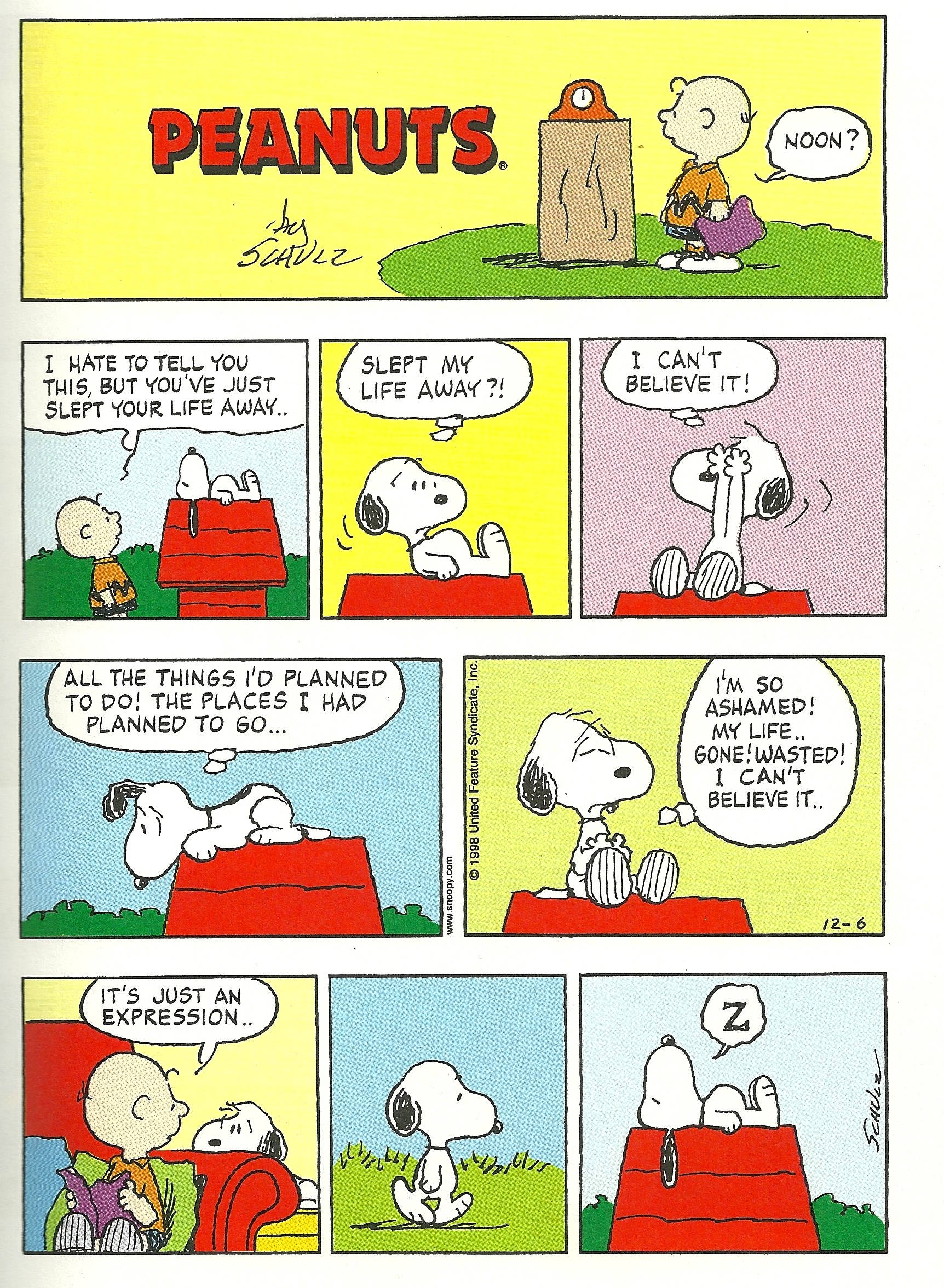Isla McKetta, author of the forthcoming Murmurs of the River, tagged me to interview myself in The Next Big Thing blog chain. Isla is a novelist and book reviewer with the most infectious smile. She is on the board of Hugo House in Seattle, Washington. Not only is Isla a beloved friend, but she has consistently encouraged me to be true to my art. Be sure to check out her blog at the A Geography of Reading.
Now on to the ten questions about my new project:
What is your working title of your book (or story)?
Cora’s Kitchen
Where did the idea come from for the book?
The idea came from several conversations with a friend about our mothers. We used to tease about writing a book where the two of them became friends. The question of what that friendship would be like, given their differences in race, education and social class, became an obsession for me. And it only seemed natural to push the idea to the 1920’s since I’ve always been fascinated with that time period.
What genre does your book fall under?
Literary Fiction
Which actors would you choose to play your characters in a movie rendition?
I’d love to see Viola Davis as Cora. Michael Early would be the perfect Langston Hughes. And Anne Hathaway would play the part of Eleanor.
What is the one-sentence synopsis of your book?
An African-American woman, who longs to be a writer, learns to embrace her dream through an unlikely friendship with Langston Hughes and a wealthy white woman.
Will your book be self-published or represented by an agency?
Though I am seriously considering self-publishing, I would love to have an agent represent the book.
How long did it take you to write the first draft of your manuscript?
It took me about a year and a half to write the first draft and about six weeks for a second full revision. It has spent the last year and a half marinating in a box. Now I’m back for another revision.
What other books would you compare this story to within your genre?
I’d compare Cora’s Kitchen to The Guernsey Literary and Potato Peel Pie Society by Mary Ann Shaffer and Annie Barrows because it is also a collection of letters and journal entries. But Cora’s Kitchen could also be compared to The Help because it is tells the story of racism and sexism during a time when African American women didn’t have a voice.
Who or what inspired you to write this book?
African American history is so marred in the violence of slavery, Jim Crow laws and the fight for civil rights that it’s difficult to remember that there was more to life than the struggle. African American people had dreams. They feel in love. They planned for the future. I wanted to write about a period in history where African Americans were alive with hope and creativity.
What else about your book might pique the reader’s interest?
Cora’s Kitchen is epistolary novel that uses poetry and literature to ask the question: how does a woman claim herself in midst of her responsibilities and roles? Also, there are lots of writing tips within the book that were used by Langston Hughes himself.
NEXT UP ON THE NEXT BIG THING
Thanks for reading about Cora’s Kitchen. Check out the following writers next week to learn more about their upcoming projects.
Icess Fernandez Rojas is a fiction writer, blogger and journalist. She has a MFA in Creative Writing from Goddard College and lives in Shreveport, Louisiana. Icess is a social media goddess and the person to go to if you want something done. Her story, “Beginnings,” appeared in the inaugural issue of Minerva Rising.
Kim Green‘s debut novel, Hallucination, beautifully chronicles one woman’s journey after being diagnosed with Lupus (an autoimmune disorder). For the last four years, she is the leader of the UUCA Women Writers Group and was the chair person for their 2011 conference, Getting in Touch with the Source. I’m so grateful to Kim for pulling me into the fold of her writing group and helping me to find a writing community in Atlanta.
Sandra Marchetti is a poet who recently won The Midwest Writing Center Mississippi Valley Chapbook Contest. She lives in the Chicago area and teaches writing at Elmhurst College. Sandra recently become the Poetry Editor at Minerva Rising and hit the ground running. I feel very lucky to have her as a part of our team.





 comfort zone” and the other labeled “Where the magic happens.” Lily’s behavior is much like our own when we are unwilling to a take a risk because it involves letting go of our perceptions of ourself. Sometimes detaching from “old associations” and reorganizing our lives is the very thing we need improve our circumstances. But instead, we use our energy to maintain the illusion of being satisfied with the status quo.
comfort zone” and the other labeled “Where the magic happens.” Lily’s behavior is much like our own when we are unwilling to a take a risk because it involves letting go of our perceptions of ourself. Sometimes detaching from “old associations” and reorganizing our lives is the very thing we need improve our circumstances. But instead, we use our energy to maintain the illusion of being satisfied with the status quo.